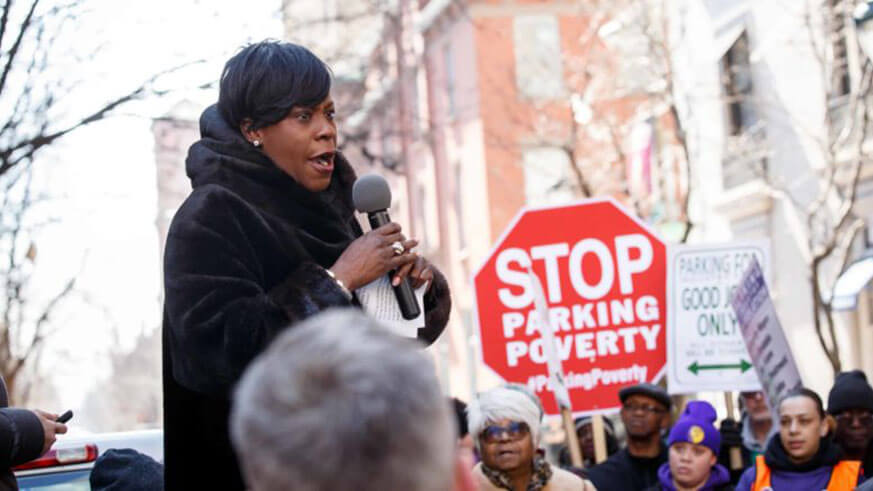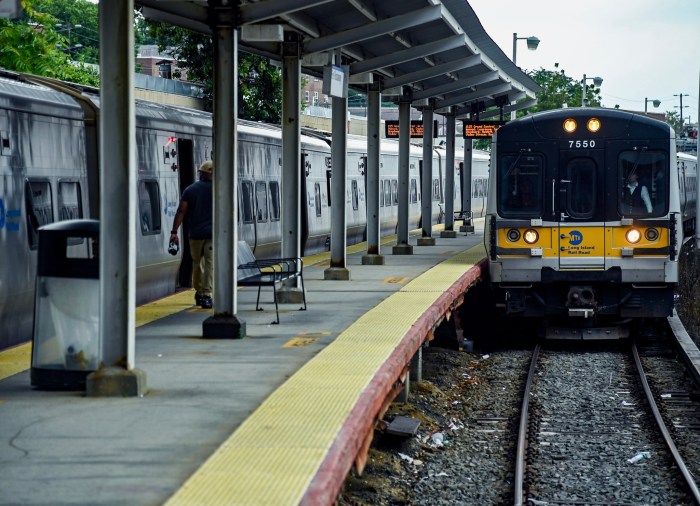The Philadelphia City Council is considering a bill that would extend workplace protections to unfair firing, the Philadelphia Inquirer reported Tuesday.
Councilwoman Cherelle L. Parker introduced the legislation, which would increase job security for parking-lot workers by creating a specific definition of a fireable offense. Called “just-cause” legislation, it would require an employer who wants to fire an employee to prove the worker has poor job performance or is somehow hurting the business.
The Council had previously heard from parking employees who claimed they were fired for supporting higher wages and unionization.
“While City Council is prohibited from increasing the minimum wage, we can and we must help root out unfair treatment and substandard conditions for workers in an industry that employs more than 1,000 men and women in Philadelphia, and where many of them earn as little as $8 per hour,” said Parker in a statement. “The idea that an employer would fire an employee simply for advocating for better working conditions and trying to organize workers while they are not on the clock is reprehensible and sends the wrong message to other employees.”
Parker’s bill is only the second time just-cause legislation has been considered by city government. Last month, New York City Councilman Brad Lander introduced a just-cause bill for the city’s fast-food workers. The fast-food employees are backed by SEIU 32BJ, the same union that represents Philly parking-lot attendants who are organizing for better wages and benefits, the Inquirer reported.
The American labor force is largely premised on “at-will” employment. That means that a worker can be fired for any reason (or for no reason at all), and without warning, as long as the reason is not illegal (such as, because of their race or sex).
Although just-cause agreements are typically negotiated by unions. Parker’s bill would extend protections to parking workers regardless of union affiliation. The City Council will hold a hearing on Monday.
Just-cause laws have attracted controversy. Critics say they’re an example of government overreach and could unfairly protect incompetent or dangerous workers. Labor groups have been largely silent on them, because they remove one of the major selling points for unionization, the Inquirer said.




























